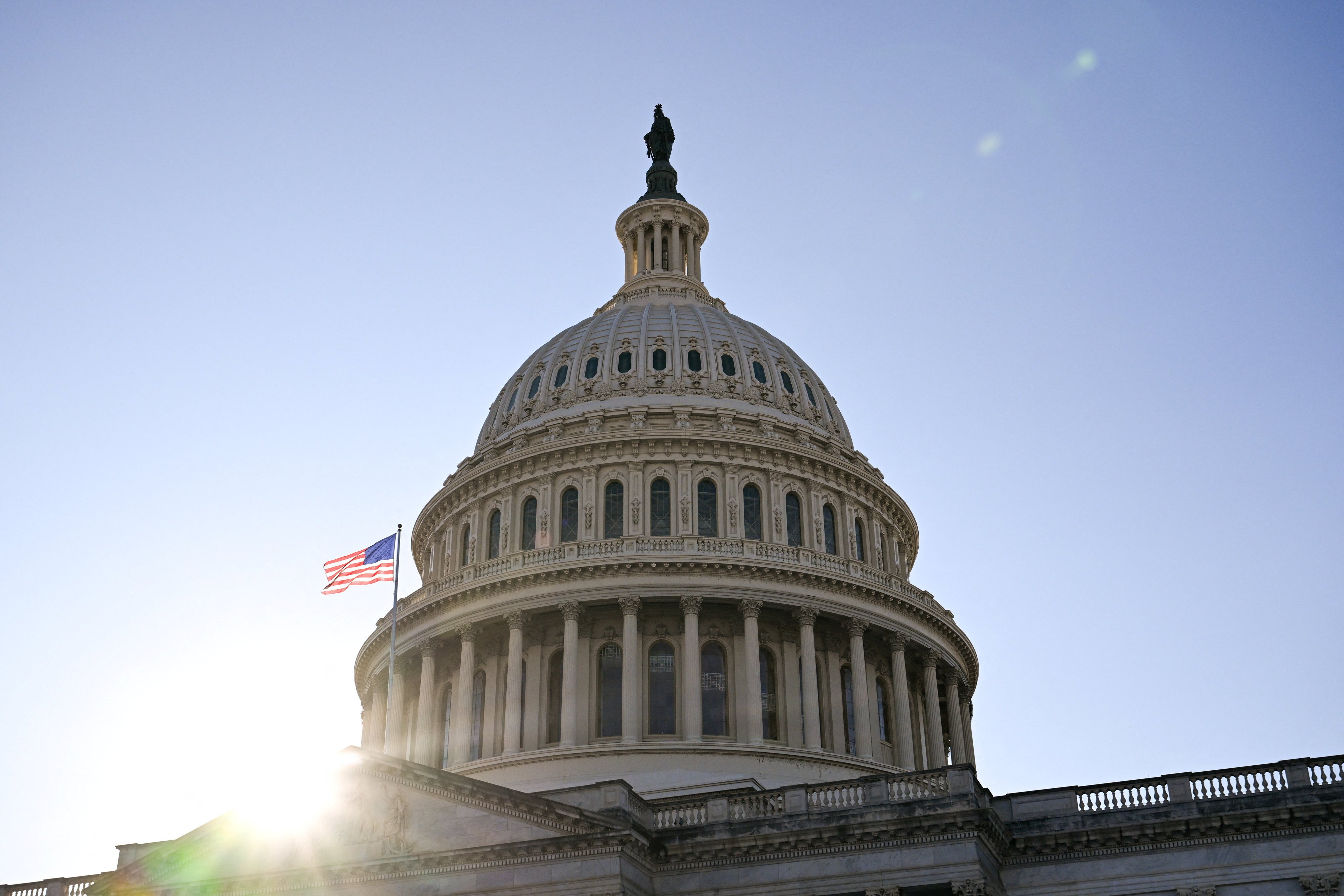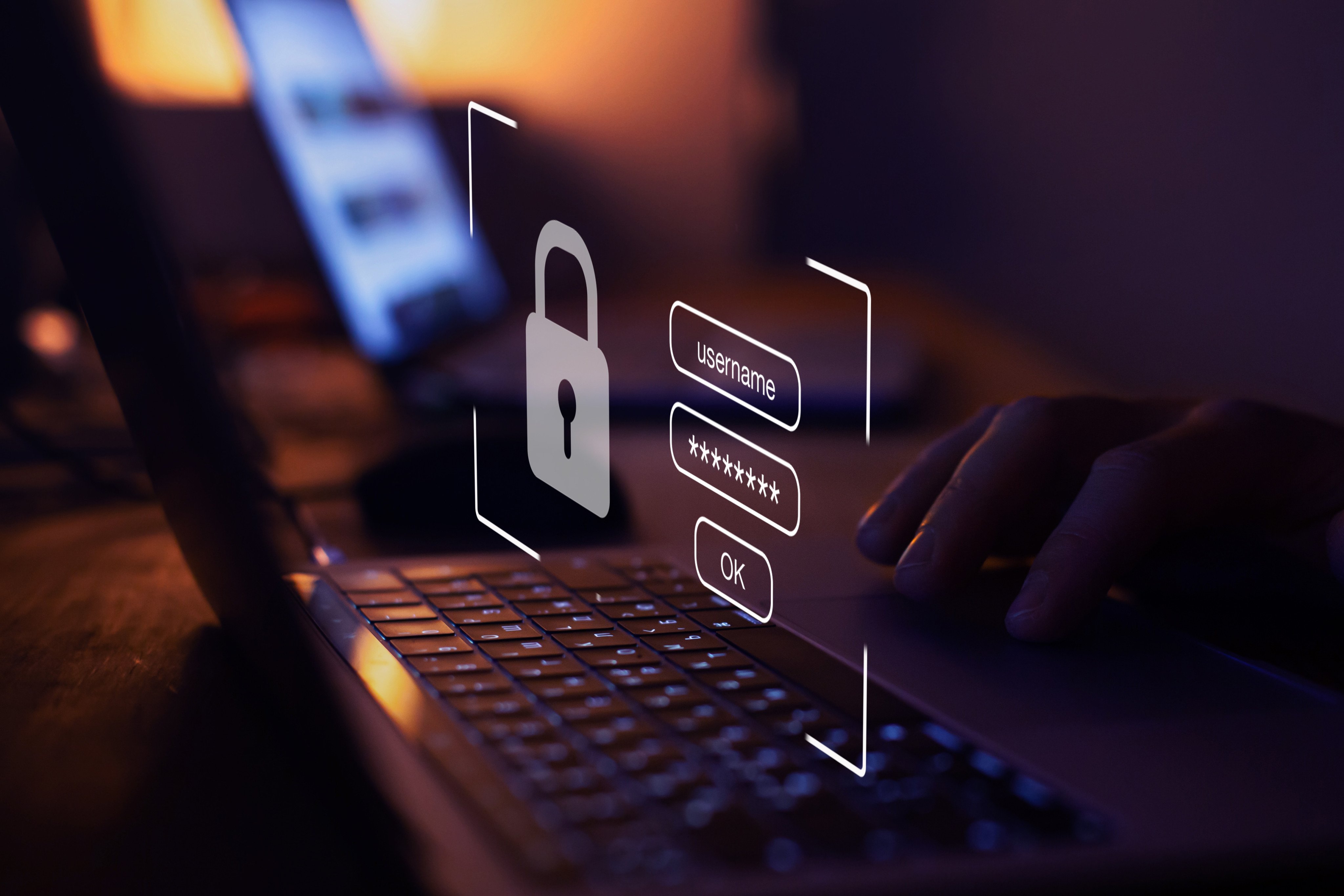Advertisement
Advertisement
TOPIC
Cybersecurity
Cybersecurity
From black hat hackers attempting to break into government computer systems, to white hat security experts working to crack and improve protections on popular internet browsers, cybersecurity affects us all. Every day hackers steal millions of pieces of personal data and, as former NSA contractor Edward Snowden revealed, sometimes it may be our own governments doing the snooping.
Help preserve 120 years of quality journalism.
SUPPORT NOWAdvertisement
Advertisement
Advertisement
Advertisement
Advertisement
Advertisement
Advertisement
Advertisement
Advertisement
Advertisement
Advertisement
Advertisement











